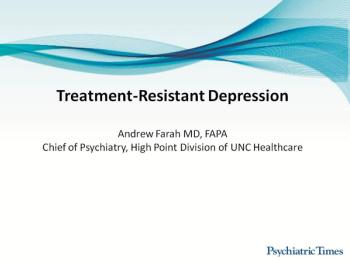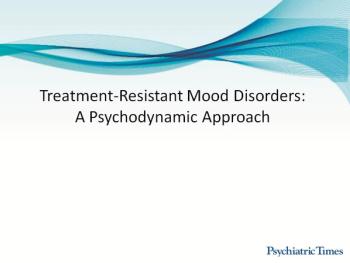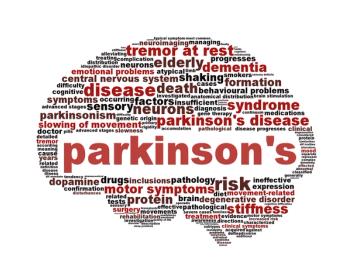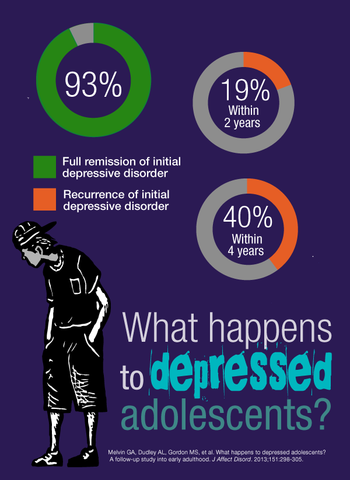
The removal of the so-called “bereavement exclusion” (BE) from DSM-5 was one of the most difficult and controversial decisions the DSM-5 work groups made, and many clinicians continue to find the distinction between ordinary grief and major depression confusing.







